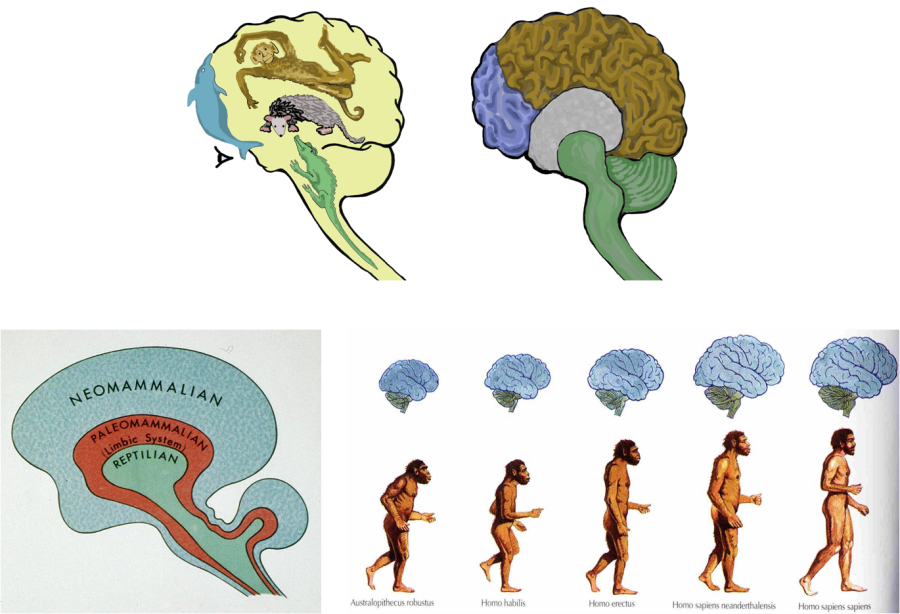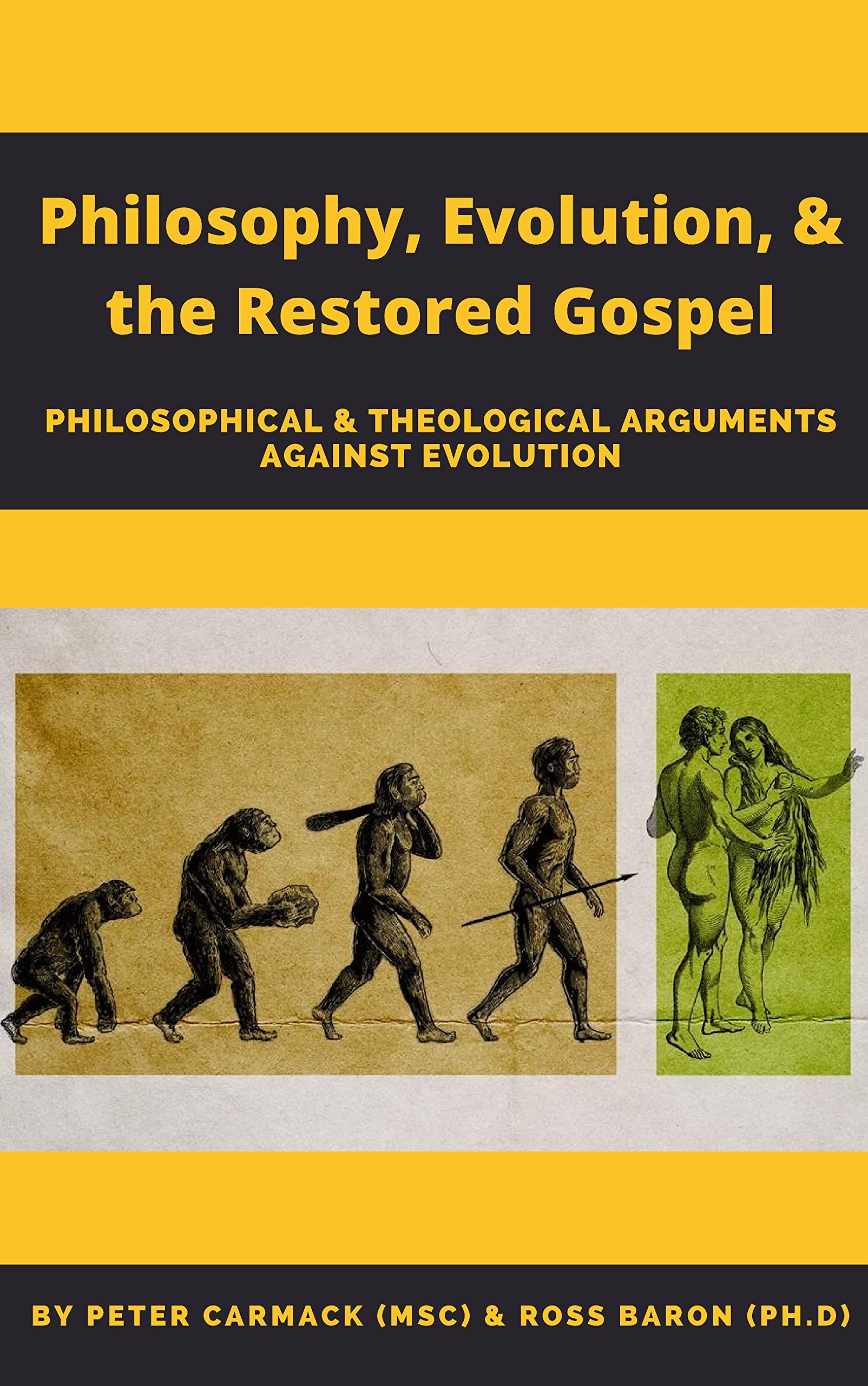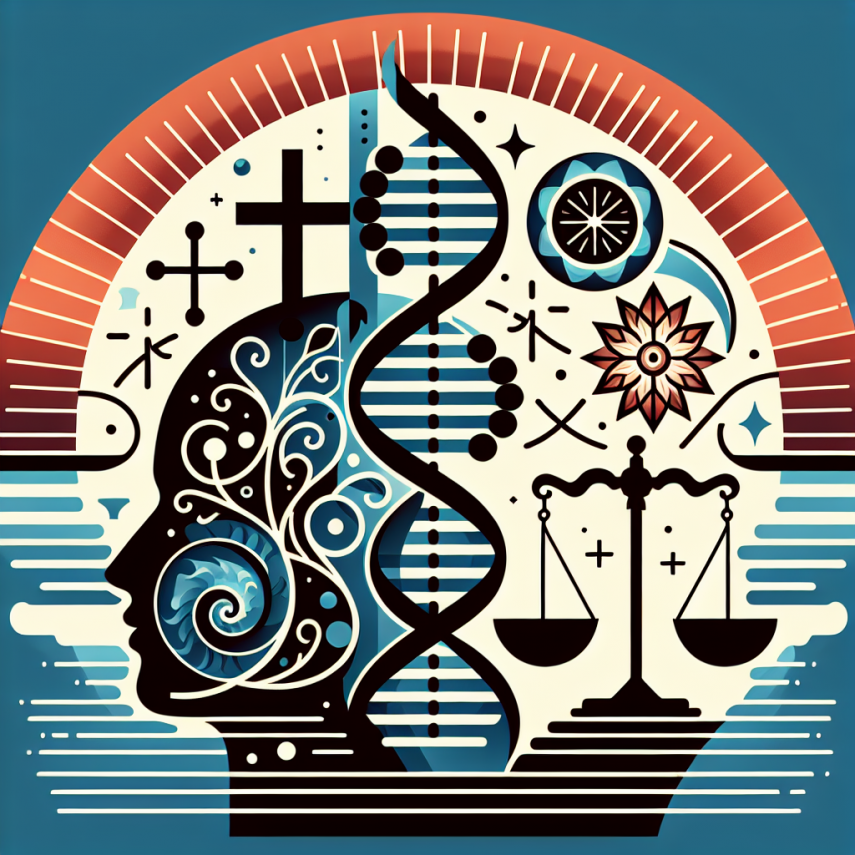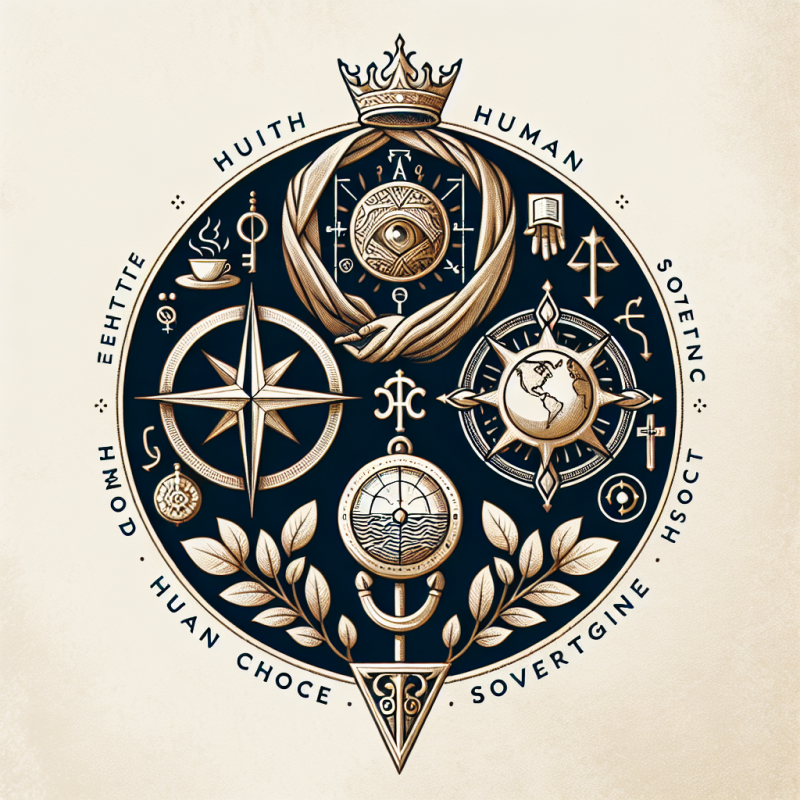Understanding Human Cognition Through Evolution: A Christian and Scholarly Perspective
As a Christian who has long been fascinated by both the intricacies of the human mind and the ongoing conversation between science and theology, I find the development of cognition, consciousness, and emotion to be areas rich in both spiritual and scientific curiosity. My career in artificial intelligence and extensive research into the ethics of technology has often led me back to pondering these deeper questions about how our minds evolved, the limitations of evolutionary psychology, and how, ultimately, both science and Christianity can harmoniously contribute to this discourse.
Exploring the Puzzle of Human Cognition
Scientists continue to explore how human cognition—our ability to think, reason, and communicate—developed through the long and complex process of evolution. Some evolutionary psychologists propose that our behavior and mental processes can largely be attributed to genetic predispositions shaped by natural selection. However, I have always approached this topic with a healthy dose of skepticism. Similar to how some of the assumptions in classical AI models can lead to oversimplified deductions about the complexities of human behavior, the same caution applies when studying our evolutionary development.
While there are certain areas that we can make progress in—such as the evolution of language—it remains incredibly challenging to craft a cohesive and accurate narrative about the entirety of the human experience, especially when it comes to cognition. Our thinking is deeply intertwined with the ever-changing environment around us—social, cultural, technological, and spiritual forces shape our mental evolution in ways that are not easy to compartmentalize into simple explanations.
The Limits of Evolutionary Psychology
One of the main critiques of evolutionary psychology is that it often presents overly simplistic and deterministic views of human behavior. Advocates of this field often attempt to explain complex behaviors through a genetic lens, assuming that certain behaviors are the direct result of evolutionary processes favored for survival. As much as I appreciate the scientific effort to explain human nature, I share the concern that this approach doesn’t fully account for the vast “multifactorial processes,” as described in much philosophical thinking, influencing human behavior beyond our biological makeup.
In simpler terms, while genes do play a role in shaping certain behaviors, they alone don’t offer a comprehensive answer to the spiritual, social, emotional, and cultural layers that define our consciousness. It reminds me of C.S. Lewis’s warning against “scientism”—the belief that science alone can explain every aspect of human existence. Just as discussed in previous articles on God and the meaning of life, human experience is far more than just genetics or evolutionary programming.
< >
>
Christianity’s View: Beyond Genetics
Christianity brings another dimension to the discussion. The Bible teaches that humans are not merely the sum of their biological parts but are created in the image of God, imbued with an eternal soul and free will. While science can attempt to explain the physical processes underlying consciousness, it cannot capture the entirety of what it means to be made “fearfully and wonderfully” (Psalm 139:14). Only when we weave theological insights into our scientific understanding do we start to glimpse the full beauty of human cognition—our ability to reason, love, and engage in moral decision-making as reflections of the Creator.
Paul’s letter to the Romans supports this, emphasizing our transformation through the renewing of our minds (Romans 12:2). Here, we’re called not only to evolve physically or cognitively but to evolve spiritually, a process beyond the realm of science and squarely within the domain of faith.
Process Ontology and Perishing: A Complex View of Evolution
One promising academic framework that aligns with this more nuanced perspective of human cognition is process ontology. This philosophical approach posits that reality is made up of interrelated processes rather than static entities. For Christians, process ontology points to a dynamic view of creation in which God is continuously involved in the unfolding processes of life, including evolution. This philosophy stands in contrast to more rigid evolutionary psychology models that often rely on static, gene-based modules for explaining behavior.
< >
>
How does this apply to our understanding of human cognition? Evolution, under this view, involves not only biological changes but also spiritual and environmental influences that collectively shape the consciousness we experience today. It’s a more holistic picture—one where multifaceted factors converge to create a cognition that reflects not just survival mechanisms but divine complexity. There’s an inherent theological beauty here, one that speaks to the immense possibility and depth of God’s creation.
<
>
The Role of Free Will, Culture, and Faith
Evolutionary psychologists often claim that certain cognitive behaviors, like social exchanges or gender-specific behaviors, are based on mental modules that evolved for specific purposes. While I don’t dismiss this completely, I also find this reasoning limiting. Our behavior is shaped by so much more than just biology. Cultural, social, and ethical influences—all deeply intertwined with our spiritual upbringing—play a massive role in shaping our understanding of life and how we make decisions.
For example, an evolutionary model may suggest that altruism evolved as a means of improving social cohesion. Yet the Christian worldview sees altruism as a reflection of God’s love, a manifestation of the Golden Rule taught by Christ (Matthew 7:12). This goes far beyond evolutionary self-interest, pointing us toward a moral standard with eternal significance.
Finding Balance at the Intersection of Science and Theology
In my journey, I’ve come to appreciate the richness that both science and Christian theology bring to our understanding of the human mind. While evolutionary theories, such as those found in psychology, can provide some insight into how we have developed cognitively, they often lack the depth required to explain the complexities of human existence. By incorporating both scientific and theological perspectives, we can create a more comprehensive approach to understanding ourselves as thinking, feeling beings—bodies, minds, and souls.
As I mentioned in a previous article about faith and science working together, the tension between these two realms shouldn’t discourage us. Instead, this tension invites us into deeper reflection and awe. We are reminded that the ultimate designer of life is far more intricate and intelligent than our evolutionary models suggest. Let us continue to discover, through both faith and reason, the wonders embedded in God’s creation.
< >
>
Conclusion
In conclusion, understanding the evolutionary development of human cognition through both science and theology requires humility and openness. The limitations of evolutionary psychology remind us that our minds are not mere machines dictated by genes, but are a profound mystery involving spiritual, social, and cultural layers as well. As Christians, we know that our consciousness, free will, and capacity for love all point to a Creator who has gifted us with more than just survival instincts—we are called to reflect God’s image, imbued with eternal purpose.
Focus Keyphrase: Evolution of Human Cognition




What a thought-provoking article. It does a great job of balancing evolutionary science with rich theological insights. I agree that science alone can’t fully explain the complexity of the human mind—thinking, feeling, and spiritual depth must be integrated into our understanding.
The conversation between science and theology offers deep insights into human cognition, allowing us to see beyond purely biological explanations and recognize the divine complexity of our minds.